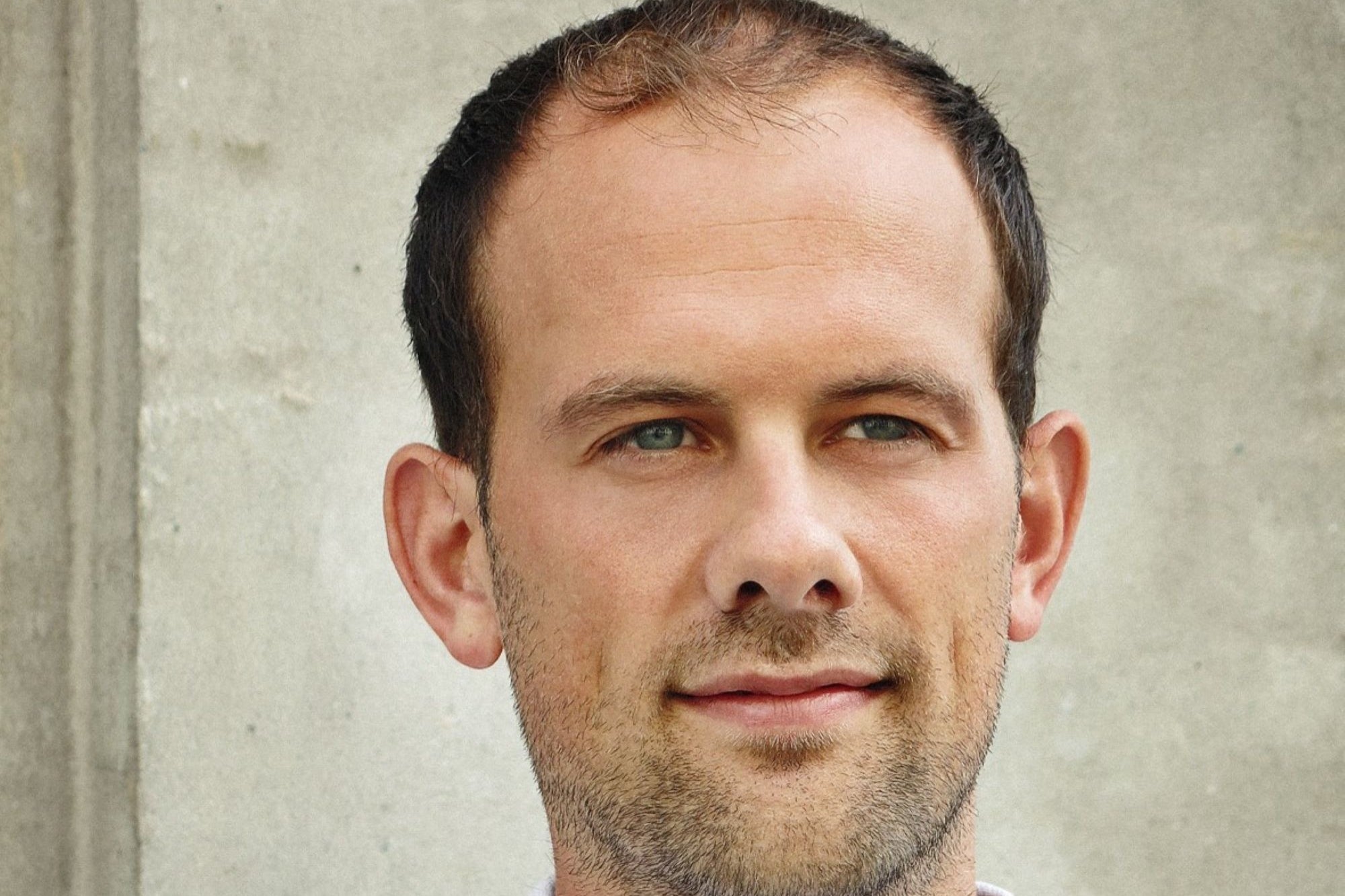We Don't Need the US Playbook Why UK start-ups are rethinking ownership
Opinions expressed by Entrepreneur contributors are their own.
You're reading Entrepreneur United Kingdom, an international franchise of Entrepreneur Media.

In a start-up culture long shaped by Silicon Valley's mythology - blitzscaling, founder worship, and equity as a dangling carrot - something different is happening here in the UK. Founders are rethinking not just how they build, but why. At the centre of this shift is a new way of thinking about ownership - and one of its most vocal advocates is Christian Gabriel, former Capdesk CEO and now Senior Director GTM at Carta, the equity management giant that acquired his company.
"In 2024, selling equity management was still about features and tools - cap tables, valuations, option plans," Gabriel says. "But in 2025, we've shifted how we show up in the market. We lead with thought leadership, not just software."
It's a subtle shift with outsized implications. Gabriel's focus now isn't just on Carta's platform; it's on education - changing how founders, employees, and investors understand equity itself. "Equity isn't a back-office function - it's strategy. It's ownership. It's how companies attract, retain, and reward people," he explains. "When you lead with insight, not interface, the conversation changes completely."
This shift has been codified in Fair Share, Carta's newly launched UK manifesto for equity transparency and access. In an ecosystem where equity has often been opaque - a perk understood only by founders and lawyers - Fair Share aims to make equity literacy part of the startup operating system. The goal? Make ownership accessible, not just aspirational.
Gabriel's own perspective has undergone a transformation since Capdesk was acquired. "I'm a founder at heart and used to being close to every detail," he admits. But stepping into a leadership role within Carta meant trading control for scale. "At Carta, I've focused on building trust within the team, even in areas outside my original domain," he says. "That shift has unlocked real scale for us in Europe: it's created space for innovation, enabled more cross-functional collaboration across GTM, and fostered real ownership at every level."
It's a valuable lesson for founders hooked on hustle: sometimes scaling up means letting go.
Perhaps Gabriel's most provocative insight is around equity itself - and how we get it wrong. "That equity is a reward. It's not. It's infrastructure," he says. "If you treat equity like a bonus, you create opacity. But if you build equity systems from day one - clean, transparent, scalable - you empower your team, attract better capital, and reduce friction across every future funding event."
It's a belief that flips conventional startup wisdom on its head. Rather than treat equity as a late-stage perk, Gabriel urges founders to embed it early - with structure and transparency - so that it becomes a foundational pillar, not a gift.
And if there's one underrated edge UK founders have today, it's this: resilience. "UK founders have learned to operate with less capital, less noise, and more scrutiny," Gabriel says. "That constraint has created sharper operators - people who know how to build for the long term."
In an era where capital is scarce and efficiency trumps speed, this mindset is no longer a liability. It's an edge.
Looking ahead, Gabriel envisions a UK startup ecosystem that stops chasing the Valley and starts building something original. "We don't need to copy-paste the US playbook," he insists. "The UK can become the global benchmark for what long-term private market infrastructure looks like: accessible equity for employees, transparent cap tables, proper secondaries."
It's a vision rooted in systems, not slogans. "If we invest in the plumbing - not just the headlines - we'll build something far more resilient than the next unicorn hype cycle."
In other words: less noise, more ownership.













